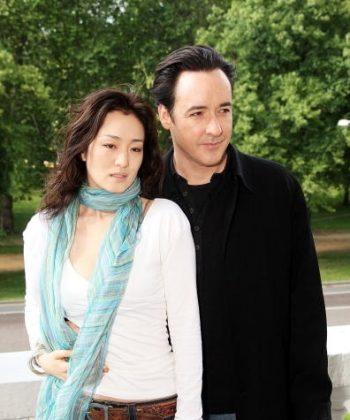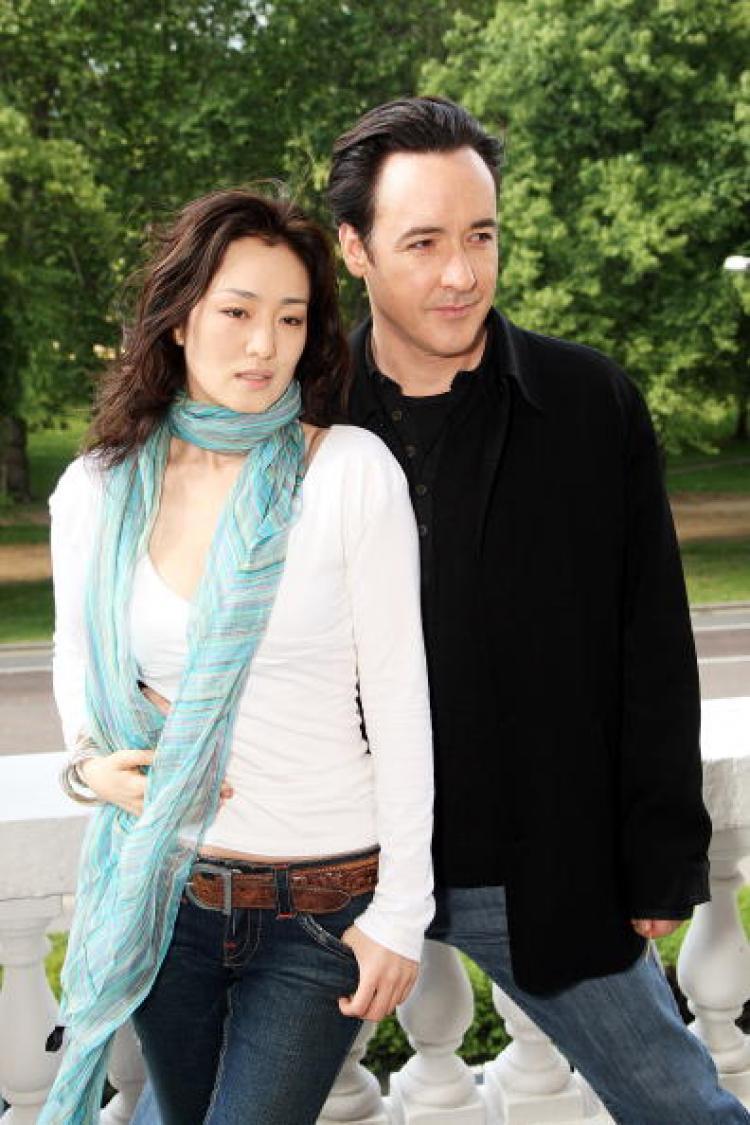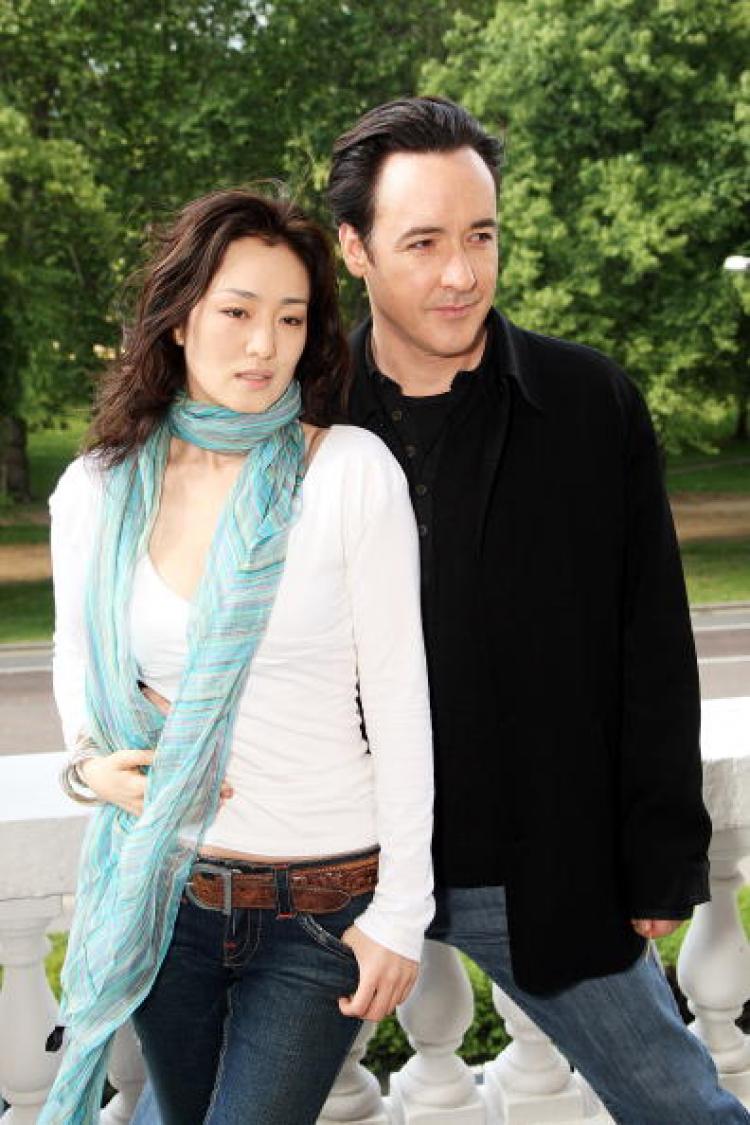China said on Monday that it will appeal a World Trade Organization (WTO) ruling that it improperly restricts distribution of foreign movies, music, and books.
The initiative had its first spark a week ago when Beijing announced that it may appeal a WTO panel’s ruling that China violated free-trade rules by forcing foreign media producers to route their business in China through state-owned companies.
The WTO panel said that China’s import and distribution for books and films are in violation of international trade rules as well as the terms that China entered the WTO in 2001 when it agreed to treat foreign and domestic companies equally.
“We think it was improper for the WTO not to reject the U.S. request,” the Chinese spokesman, Yao Jian, told a news conference in Beijing. “Based on the WTO schedule, we are preparing the documents necessary to lodge an appeal.”
The ruling upheld key parts of a U.S. complaint on China’s control on cultural products which Washington says is hurting the industry.
Yao said that the “the channels for China’s import market for published materials, movies and music are completely unimpeded.”
“The Chinese side feels regret at the ruling by the experts group,” said Yao. ”The Chinese side will conscientiously assess the expert group’s ruling and does not rule out the possibility of an appeal.”
China defended its media controls stating that it is needed to ensure removal of offensive content and protect public morals.
However, the ruling did not reject the import quota of 20 foreign films per year that goes through China Film, a state-owned company, and allows restrictions of foreign films and publications that Beijing finds objectionable.
The conflict is one of a series to have occurred between the United States and China over access to each other’s markets.
The WTO ruling, however, touches a sensitive spot for Beijing as the communist regime insists on controlling the content of movies, books, music, and other media.
The case also comes at a time when the Politburo is trying to build up state-owned film and media studios to promote the ruling party’s views.
Foreign movies, music, and other cultural products are popular in China’s fast growing media market. However, suppliers often complain that import controls have helped fuel the expansion of China’s thriving black market by limiting customer’s access to legitimate copies.



